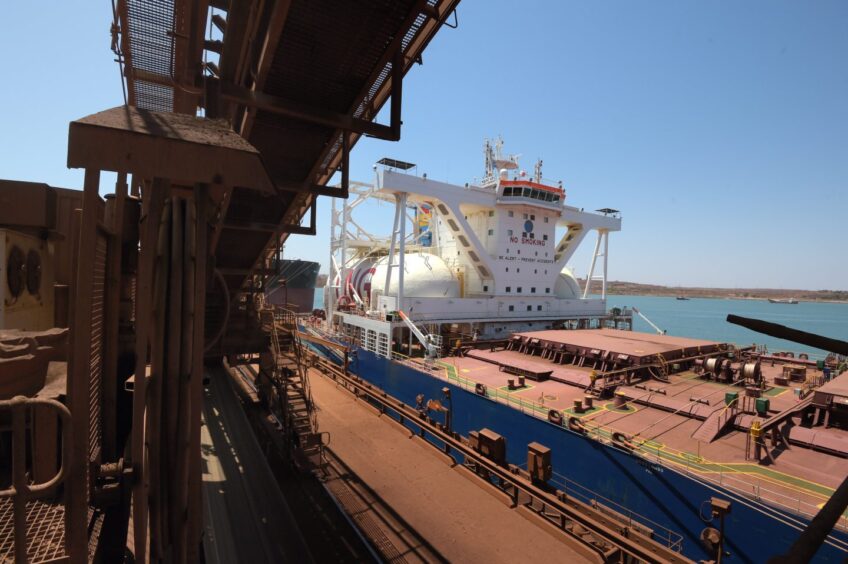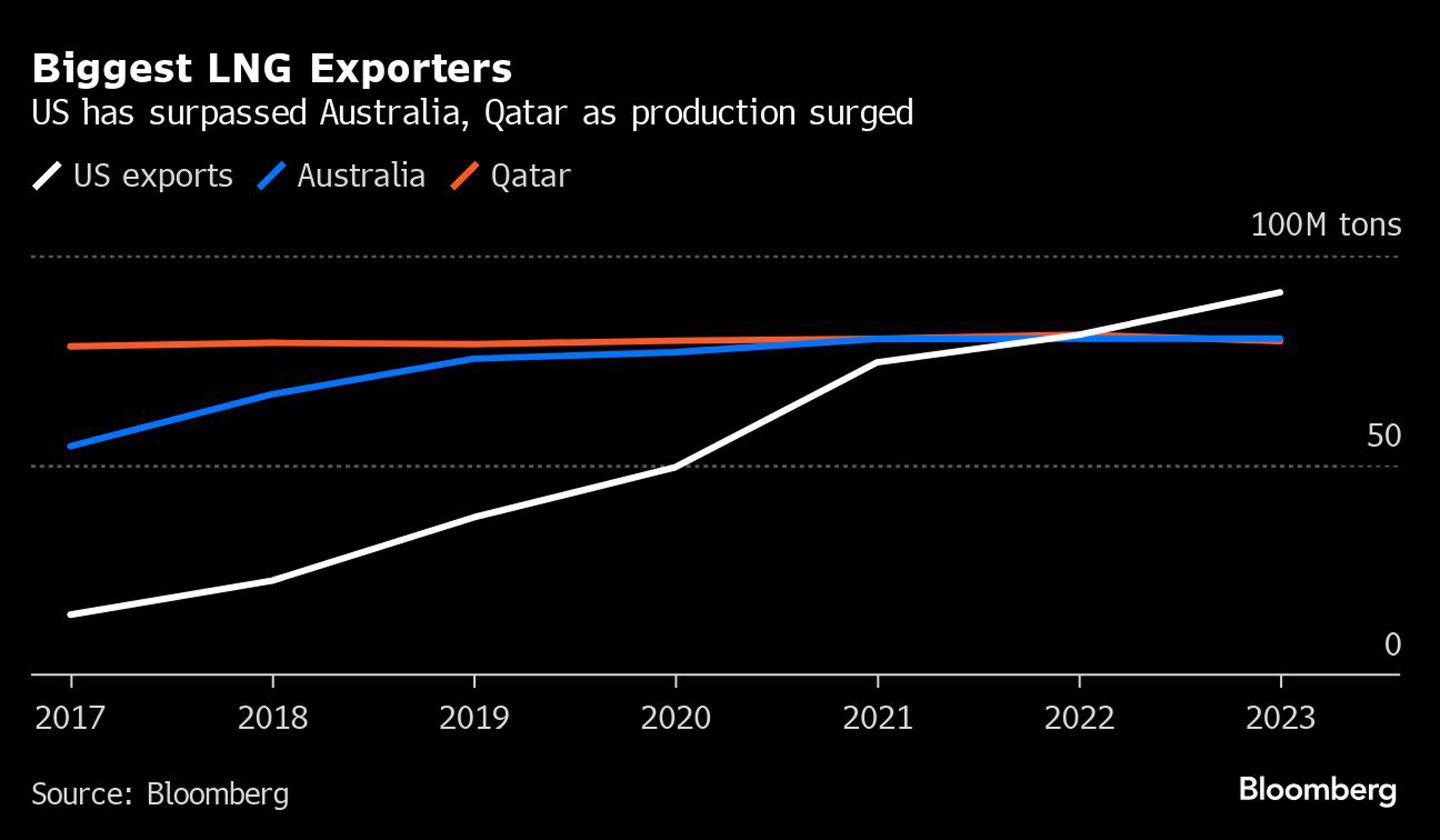
Australia is calling for the development of new natural gas resources to ensure it remains affordable and the nation continues as a major exporter, the latest shift by the center-left Labor government toward greater support for the fossil fuel.
The government released a long-term framework, called the Future Gas Strategy, on Thursday to establish gas’s role in the transition to cleaner energy, as it looks to meet a target for net zero by 2050. That will open it up to criticism to pandering to the A$72 billion ($47 billion) liquefied natural gas export industry, which argues that the nation faces a domestic shortfall as new projects have been stalled by onerous regulations.
“The strategy makes it clear that gas will remain an important source of energy through to 2050 and beyond,” Minister for Resources Madeleine King said in a statement. “Gas plays a crucial role in supporting our economy. We will need continued exploration, investment and development.”
The new strategy has been received warmly by the industry, with Australian Energy Producers Chief Executive Samantha McCulloch calling it a “clear indication of the ongoing role and importance of natural gas.” But environmental groups and left-wing lawmakers are furious, with Greens leader Adam Bandt calling Labor “climate frauds.”
“Instead of electrifying homes and businesses, Labor has caved into the big coal and gas corporations who want to mine giant climate bombs,” Bandt said in a statement.
Prime Minister Anthony Albanese’s government was elected in May 2022 with a strong mandate to take tough action on climate change, and Australia is replacing its aging fleet of coal-fired power generation with renewables and has introduced fuel-emission standards. The new gas strategy echoes major energy producers including Chevron Corp. and Shell Plc, who say the fuel is needed in the energy transition.
There are currently no alternatives to natural gas including in “the processing of critical minerals or some high heat manufacturing uses, which we hope we’ll be able to use hydrogen for,” King said in an interview with the Australian Broadcasting Corp. “But in the meantime, you can’t have wishful thinking that that might happen without having the backup.”
As part of the strategy, King has threatened to look at strengthening “use it or lose it” provisions in the Commonwealth’s lease-retention policies, to encourage faster development of potential sites. Speaking at a press conference in Canberra on Thursday, McCulloch said substantial new investment would be needed in the Australian market to avoid shortfalls.
Australia exports almost all of the gas it produces and its massive LNG facilities are among its worst polluters. Some of the biggest buyers — including Japan and South Korea — have raised concerns about future supply and King has visited both nations to assure them all contracts will be honored.
 © Supplied by Bloomberg
© Supplied by Bloomberg